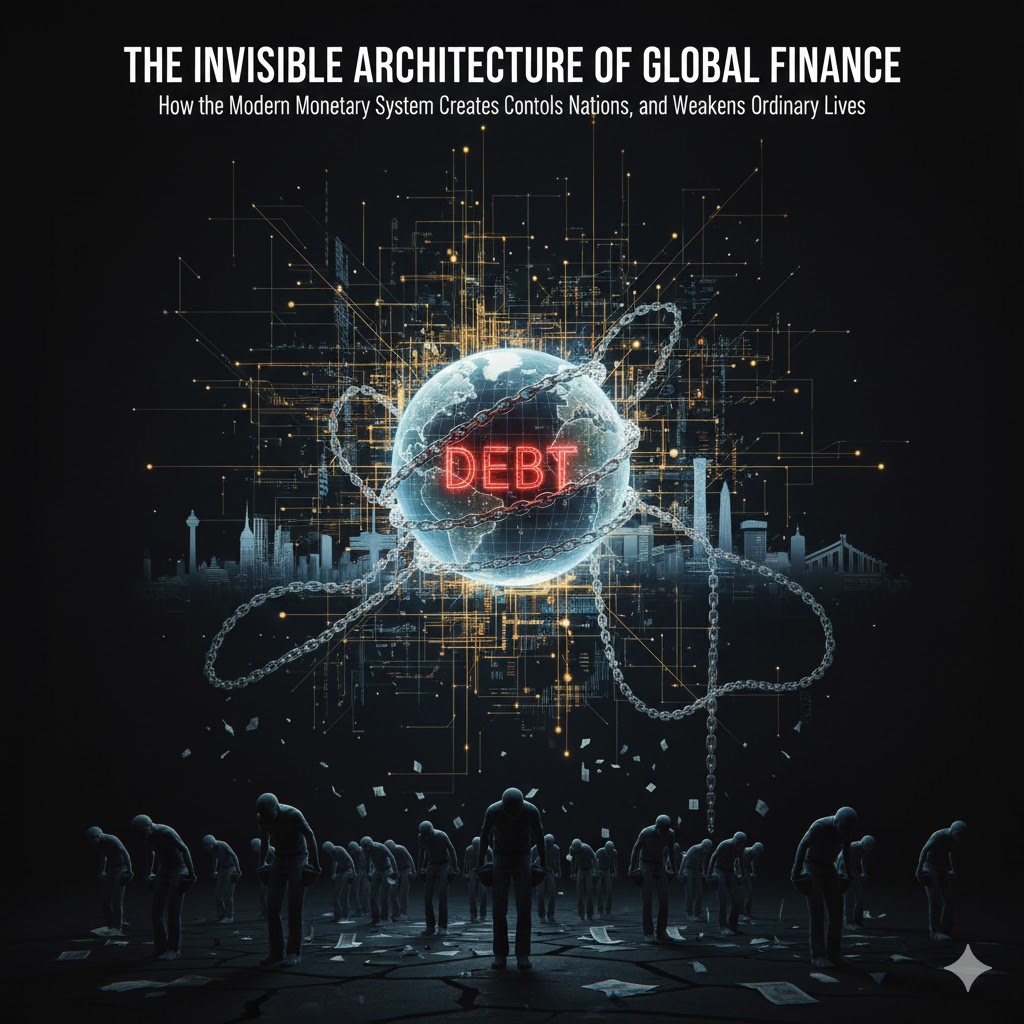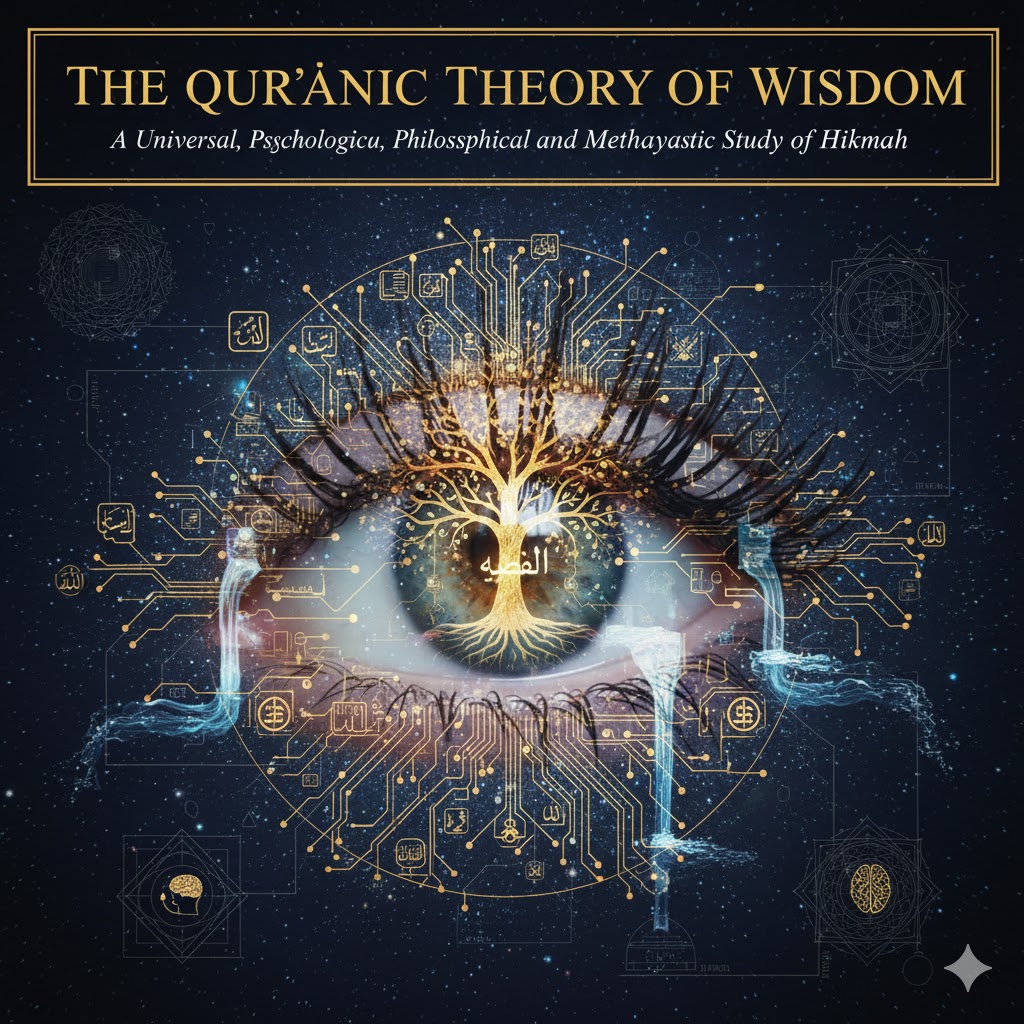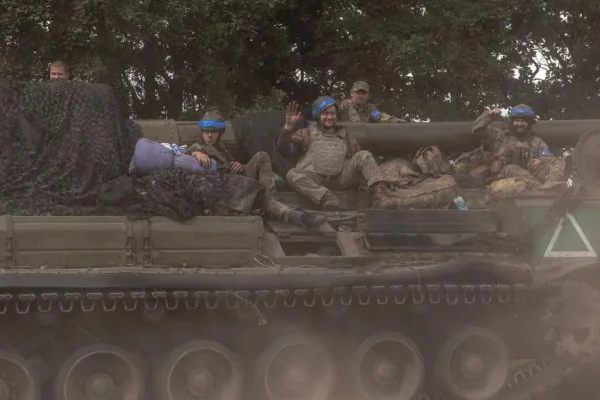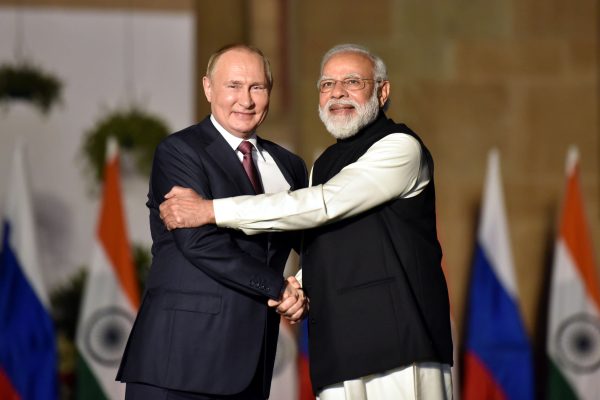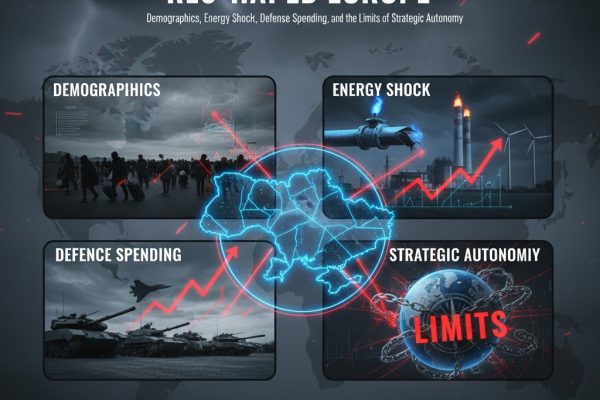
How the Russia–Ukraine War Reshaped Europe: Demographics, Energy Shock, Defence Spending, and the Limits of Strategic Autonomy
A comprehensive, research-style analysis of how the Russia–Ukraine war amplified Europe’s pre-existing demographic and economic vulnerabilities, triggered an expensive energy pivot toward LNG, accelerated defence industrial growth, and sharpened debates about strategic autonomy versus dependence on the United States. This long-form study examines causation, winners and losers, plausible scenarios, and the policy options available to Europe.





